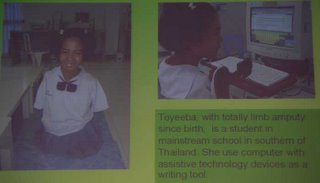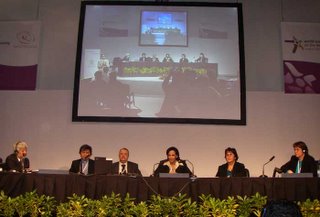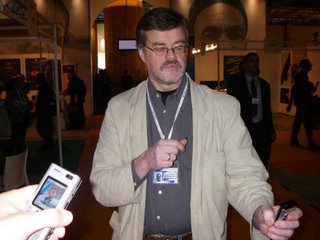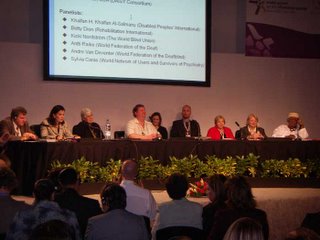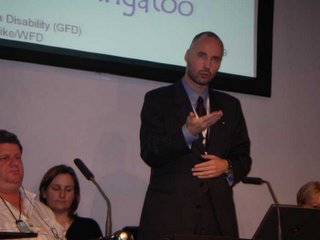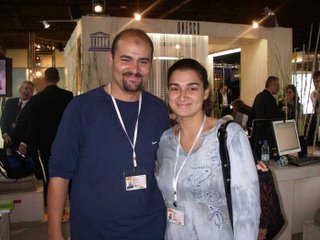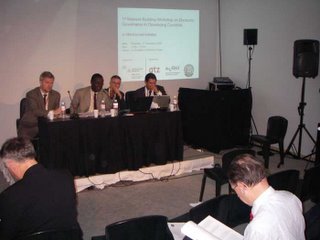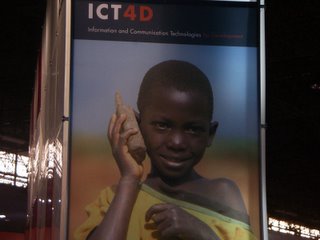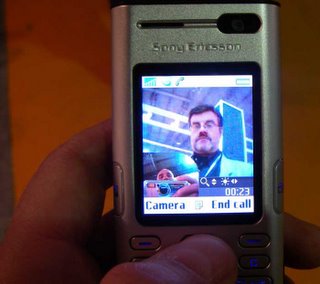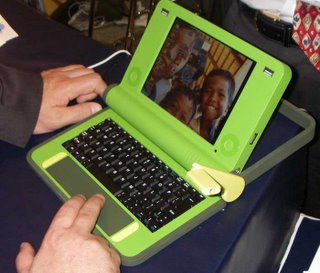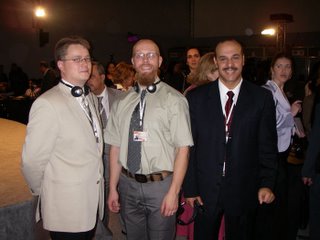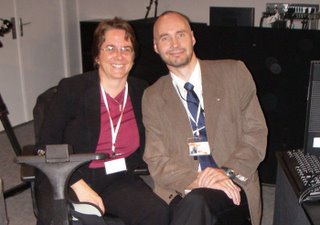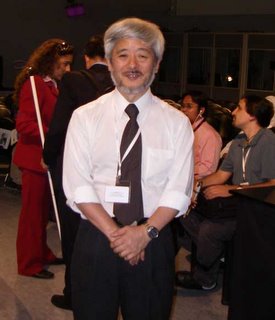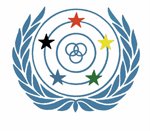Tunis Summit is being closed. Summit documents "Tunis Commitment" and "Tunis Agenda for the Information Society" are available at:
http://www.itu.int/wsis/tunis/index.html#documents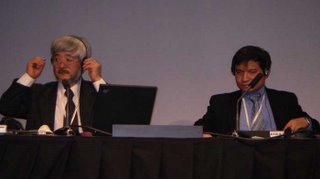
Below is the text of the report on the Global Forum on Disability delivered by Hiroshi Kawamura, WSIS CSB Disability Focal Point, at the Plenary on 18th November 2005. The report was presented by Montian Buntan on the last day of the summit in Global Forum.
***************
Thank you Mr. Chairman,
WSIS Disability Caucus held Global Forum on Disability in the Information Society in Geneva and Tunis.
The DAISY Consortium organized the first Global forum in Geneva in December 2003.
The 2nd Global Forum here in Tunis was facilitated jointly by the DAISY Consortium and the BASMA Association for Employment of Persons with Disabilities.
The forum successfully addressed Internet access, education and training, mobile phone technologies, employment, capacity building, global library of knowledge sharing, social inclusion, multi-stakeholder partnership, accessible multimedia for reading and writing, disaster preparedness, indigenous persons with disabilities, etc, and adopted the Tunis Declaration.
Thanks to Tunisian warm hospitalities and support including the opening by the first lady Her Excellency Mrs. Leila Ben Ali, the Forum could facilitate active interactions of all participants including those with most severe disabilities.
It is my great honor to introduce the "Tunis Declaration on Information Society for Persons with Disabilities, November 18, 2005" on behalf of the WSIS Disability Caucus.

Recalling the historic success of the first Global Forum on Disability and the over all first phase of WSIS;
Being encouraged and moved by the spirit of the Geneva Declaration on Inclusive Information Society, WSIS Declaration of Principles and Plan of Action;
Noting, however, with great concern the difficulty of transforming words on paper into real actions/implementation, given the fact that the concept of "inclusiveness" in general often leaves disability aspects out, causing persons with disabilities to be excluded, marginalized, forgotten and left behind;
Having high hope and confidence in the ultimate power of the united force, among persons with disabilities, our representative organizations our friends and our empathetic allies of all sectors around the world, to work for the true inclusive information society.
Therefore, we, participants of the Second Global Forum on Disability, held during the second phase of WSIS, on the 18th day of November 2005, in the City of Tunis, Republic of Tunisia:
1. Call upon all governments, private sectors, civil society and international organizations to make the implementation, evaluation and monitoring of all WSIS documents, both from the first and second phase, inclusive to persons with disabilities;
2. Strongly urge that persons with disabilities and our needs be included in all aspects of designing, developing, distributing and deploying of appropriation strategies of information and communication technologies, including information and communication services, so as to ensure accessibility for persons with disabilities, taking into account the universal design principle and the use of assistive technologies;
3. Strongly request that any international, regional and national development program, funding or assistance, aimed to achieve the inclusive information society be made disability-inclusive, both through mainstreaming and disability-specific approaches;
4. Urge all governments to support the process of negotiation, adoption, ratification and implementation of the International convention on the rights of persons with disabilities, in particular through enactment of national legislation, as it contains strong elements concerning information and communication accessibility for persons with disabilities.

